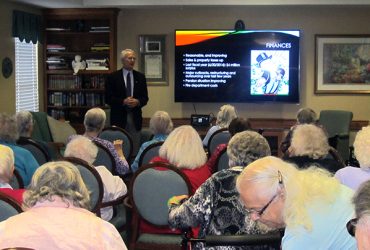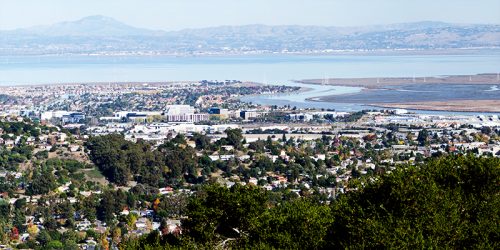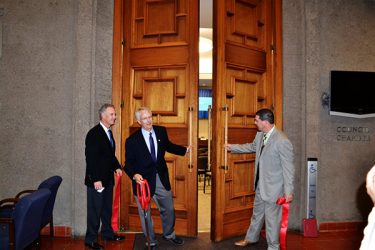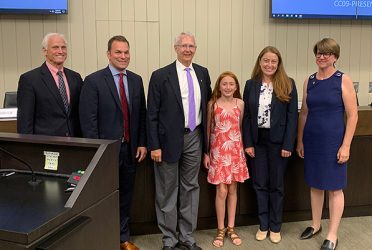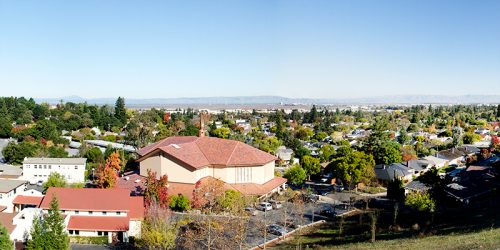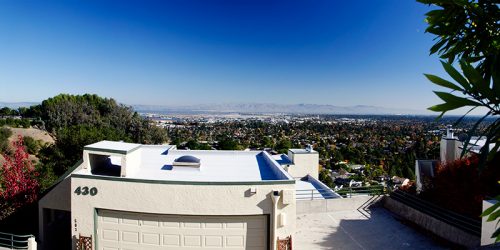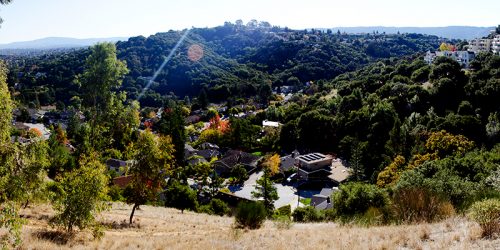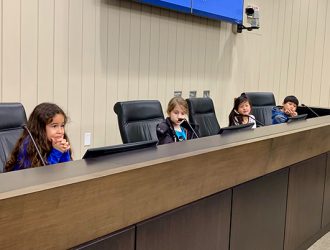
This is an op ed I wrote which was published in the San Mateo Daily Journal on Wednesday, May 10, 2023.
We face a housing crisis. Those occur when supply doesn’t map particularly well to the demand for housing at various income levels.
Fairness argues those who work in a community ought to have a reasonable chance of living in or near it. If all the jobs are low wage, inexpensive housing (which, when land is expensive, often means higher density, since that lets you spread the cost of land over more homes) is the goal. Conversely, if all the jobs are high wage it’s okay to have policies which support building expensive homes.
Neither extreme typically occurs in practice. Instead, communities have a mix of jobs. Which means you need a mix of housing types. Sounds simple!
But now let’s add several political factors.
Single family homeowners are more likely to vote in local elections than their higher density housing counterparts. In addition, for various reasons, many single-family homeowners oppose adding higher density housing to their communities. Commuters – who often play a significant role in a community’s economy — have no say in how housing policies are developed, because they can’t vote in local elections. As a result, local politics is generally skewed against increasing housing densities, even in the midst of a crisis.
Proposition 13 keeps a lid on property taxes but makes residential property expensive for a community. Why? Because residents want good local services – police, fire, schools, parks, etc. – whose cost tends to increase much faster than residential property taxes do. It’s also cheaper to protect non-residential areas. Consequently, prioritizing non- residential development reduces costs, and can generate more tax revenue, too (e.g., through hotel and sales taxes).
This simple balance of forces explains why many California communities haven’t met their state housing “mandates” for many years, despite experiencing enormous economic growth requiring a lot of new employees. Since those “mandates” weren’t enforced, there was little downside when local leaders dodged them. Why risk annoying voters if you don’t have to?
Why didn’t the housing crisis erupt earlier? The explosive growth of personal transportation since the mid-20th century created a safety valve which helped delay the inevitable. Not enough affordable housing near where you work? No problem! Live someplace you can afford and commute to and from work in your car. The community you work in benefits from this, too: more commuters foster more economic growth without the need to create more housing locally. That fills community coffers, helping make them more attractive, driving up home values.
The safety valve worked…until the roads got clogged up and there wasn’t any affordable land to build more, or build mass transit systems, to house the new employees needed to maintain economic growth.
The state’s drive for more appropriate housing policies resulted from all of this. Sacramento’s concern is understandable. Many Californians have terrible commutes. Plus, all that commuting is a significant factor behind climate change. But the biggest fear — pocketbook issues generally trumping everything else – is that businesses will move away or not start here because they don’t want to or can’t afford to pay the necessary salaries. That would kill the goose that laid the golden egg.
Not recognizing why the state is being more aggressive makes Sacramento look like a bully. This missing perspective is surprisingly common among local officials. It’s why councils write letters criticizing state efforts to get more housing built. Those missives commonly exhort Sacramento to “leave it up to us as you always have.”
Much of the responsibility for the housing crisis lies with local officials. After all, they’re the ones who have been crafting land use policies. Had councils done a better job educating their constituents about the changing landscape — so better policies could be supported locally — the state would not have had to act. Unfortunately, kicking the can down the road was, and still generally is, the order of the day.
It took me years to appreciate the magnitude of this crisis while serving on our city council. I regret not having found a way to energize the council and our community to engage on the issue.
The conservative political philosopher Edmund Burke said, “Your representative owes you, not his industry only, but his judgement; and he betrays you instead of serving you if he sacrifices it to your opinion.”
Let’s hope we see less catering to opinion and criticism of the state, and more education and leadership, on the housing front.
Mark is a former mayor of San Carlos. He and his former school board colleague Seth Rosenblatt host The Boiling Frog podcast, which you can find at https://www.TheBoilingFrog.net.


